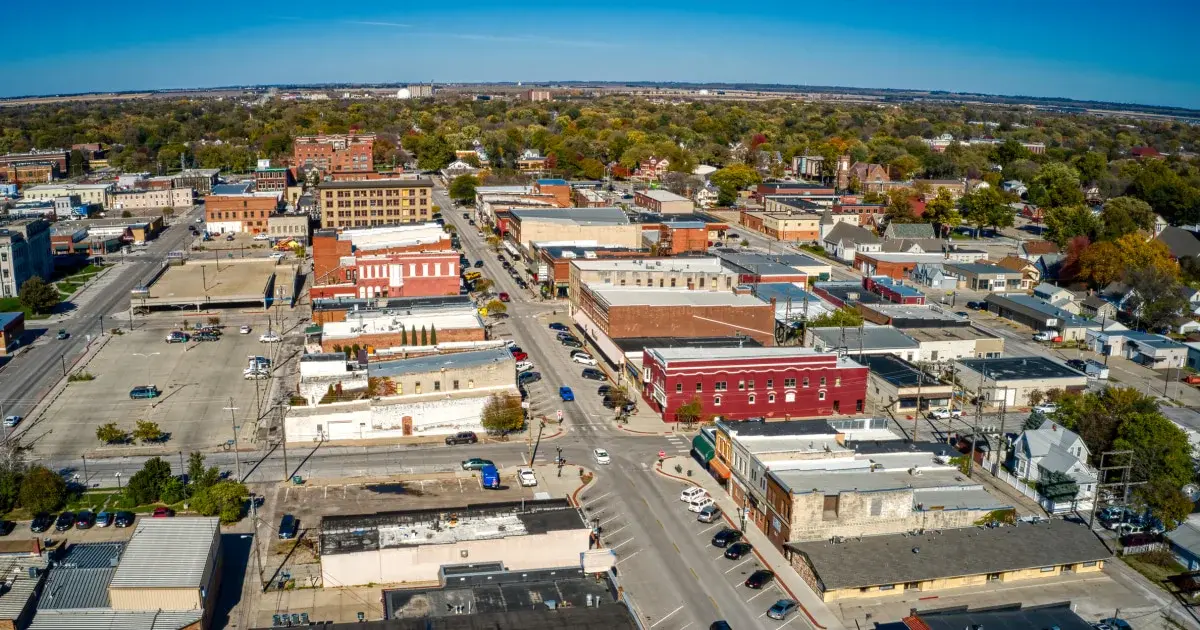Brenda Ray, who has lived in the Fremont area for 40 years, said she noted the change in the city’s population and voted for the ordinance back in 2010. She said she doesn’t “have a problem” with the Central American arrivals “if they are legal and they come in to speak American English.”
She wishes the rule, known as Ordinance 5165, “accomplished more,” but still supports it.
“It’s something that we have in our toolbox,” she said. “If we have a big problem we can fall back on it.”
In short, “I saw a lot of brown people move in, and I didn’t like it. I wish we were able to me more cruel to them, but there’s hope for that in the future.” What an absolute ghoul.
deleted by creator
™
American English
Stinks of racism tbh
“The town killing itself with racism and xenophobia”
FTFY
deleted by creator
I hope every piece of produce in Florida rots on the ground for lack of anyone to pick it up.
deleted by creator
“With Hispanic migrants, although it is hard, although it is heavy, they endure,” said Vicente. Between the church and the plant, he said, he gets three hours of sleep a night.
That’s not sustainable.
Not a problem for people that matter, now is it. If they don’t like it they can leave, or some such.
I just don’t get why this stuff is rushing back to the fore so easily after all this time.
🤖 I’m a bot that provides automatic summaries for articles:
Click here to see the summary
As young locals leave in search of better jobs, Central American migrants have been taking their places in the slaughterhouses, especially after Costco opened a huge rotisserie chicken facility in 2019.
Maria Hernandez and her husband, Vicente, pastors at one of the local Guatemalan churches, Dios es Amor #2, said their flock has grown from three congregants to 200 in seven years.
Glenn Elwell, who investigated the cases as head of Nebraska’s Department of Motor Vehicles fraud unit, said he wasn’t surprised they were in Fremont.
Larios and his wife run a small shop where they sell a type of traditional, colorful Guatemalan clothing called trajes — a piece of their home country that people still wear around town for special events.
The clerk’s office also said it was unaware of any cases that required further action, like finding that someone who signed a declaration was actually in the U.S. illegally, but referred NBC News to the police department for confirmation.
For many years, it also paid a $10,000 annual retainer to lawyer Kris Kobach — the same anti-immigration activist who helped write the law and others like it in towns across the nation.
Saved 85% of original text.
Huh… This bots doing weird stuff






